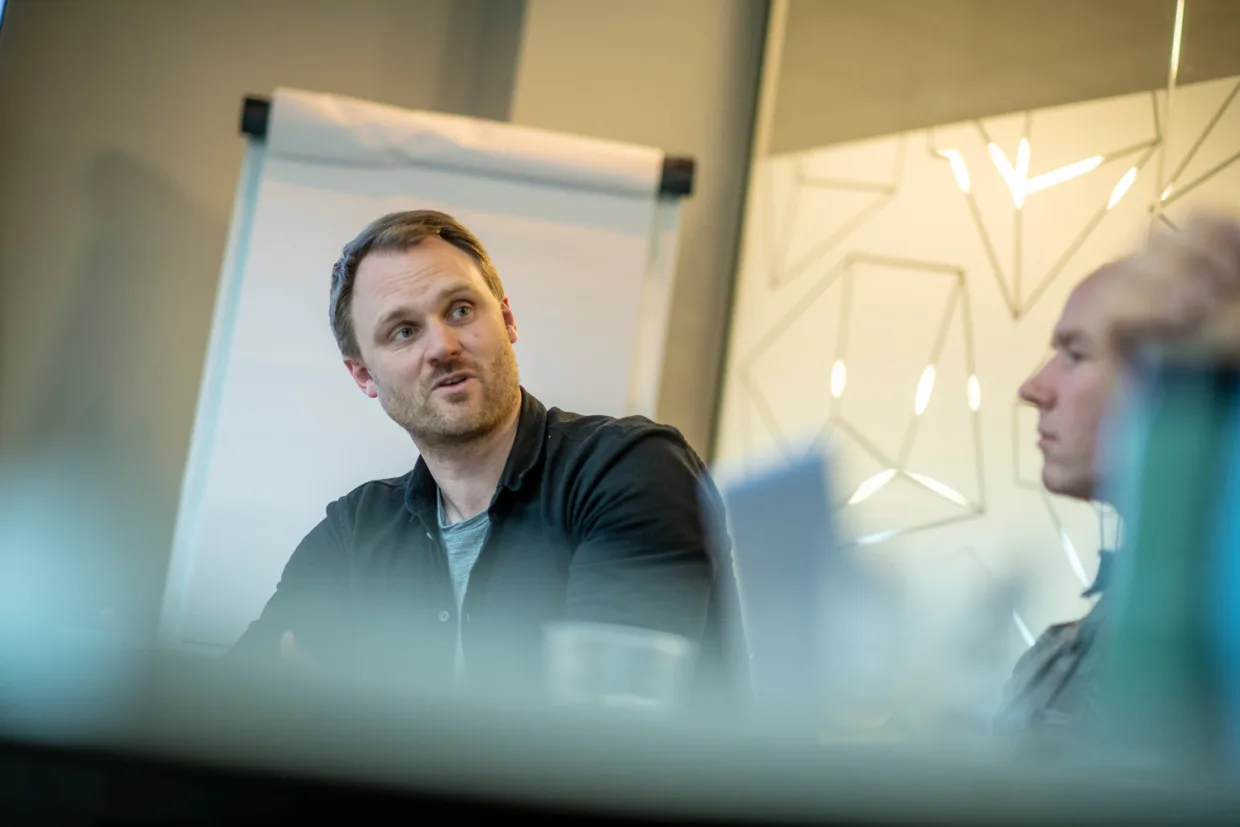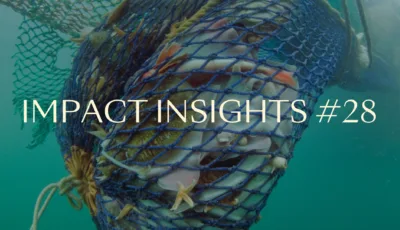Norselab launches second growth fund Meaningful Equity II, less than two years after launch of first fund.
Leading Norwegian impact investor Norselab is launching its second growth fund, Meaningful Equity II, less than two years after the launch of its first fund. The investor aims to create positive impact and capital returns with its new fund by investing in fast-growing, meaningful companies.
Meaningful Equity II benefits from the tailwind from Meaningful Equity I, which closed on 31 March 2021. Norselab invested over 50M USD across 16 portfolio companies with its first fund, creating over 150 jobs and a portfolio revenue growth of 48%. As more capital is moving towards green solutions, the fund goes live when the demand for sustainable investments is at an all-time high.

Action for positive impact
We’re in the decade of action, and we need net positive companies to achieve a net-zero world. Meaningful Equity II will help meaningful growth companies, which are ready to scale, and speed up the expansion of impactful solutions. Norselab is looking for companies that are positioned to spark transformational change in global industries. The investor sees outstanding opportunities notably within three powerful impact themes: sustainable food systems, urban ecosystems, and a circular world.
“We’re dedicated to investing in companies with products and services that create a net positive impact for people and the planet. There is no conflict between returns and positive impact anymore; we believe that investing in sustainable solutions will also offer the best opportunities for investors in the coming decade”, says Yngve Tvedt, Chief Investment Officer at Norselab.
By considering impact along multiple dimensions, Norselab aims to safeguard integrity in its approach to sustainability. Through net impact assessments carried out in the investment process, the investor seeks to capture and quantify positive as well as negative effects, both upstream and downstream, and build a solid foundation for its investment decisions.
“There is no single lens that tells the whole truth about a company’s impact. Although the SDGs are our north star, we combine this lens with several others to offer a more complete picture. In addition, we consider companies from the SFDR and the EU taxonomy perspectives”, explains Maria de Perlinghi, Partner in charge of Impact at Norselab.
Nordics as the perfect launchpad
The Nordics offer a favorable environment for sustainable solutions thanks to its world-leading position in several global industries. The digital readiness and motivation for taking measures towards sustainability in these industries make the Nordics the perfect sandbox to develop novel solutions.
In addition, access to talents has never been better for companies that lead the green transition. “Our industrial heritage is a strong plus for the Nordics in the green transition. Top-tier talents that were previously active in industries such as oil and gas now clearly wish to put their skills at the service of sustainability. Despite a high employment rate in the Nordics, access to world-class talent is unprecedented, says Tvedt.
Other countries look to the Nordics as new sustainable solutions are being implemented and adopted here at a fast pace. The Nordics offer plentiful opportunities for both impact and high returns.
On top of that, our partnership with Capricorn Investment Group, will give the portfolio companies access to international resources to accelerate the systemic change the world needs.
Key facts
Name
Meaningful Equity II
Phase
Companies heading into the growth phase that are ready to scale and expand internationally.
Key impact themes
Sustainable food systems: Closing the food gap.
The global population is expected to reach 10 billion by 2050. We need to produce 70% more food than today to feed our growing population.
Urban ecosystems: Shaping the future urban scene.
By 2050 more than 2.5 bn people will reside in urban areas. While accounting for less than 2% of the world’s surface, 60-80% of the global energy consumption occurs in cities.
A circular world: Making the most of every resource.
The circular economy is estimated to yield up to 2 to USD 4.5 trillion in economic benefits by 2030 while tackling crucial environmental challenges.
Initial ticket size
Generally ranging from 20 to 40 MNOK with robust follow-on capacity.
Portfolio size
Aim for 20-25 companies.


